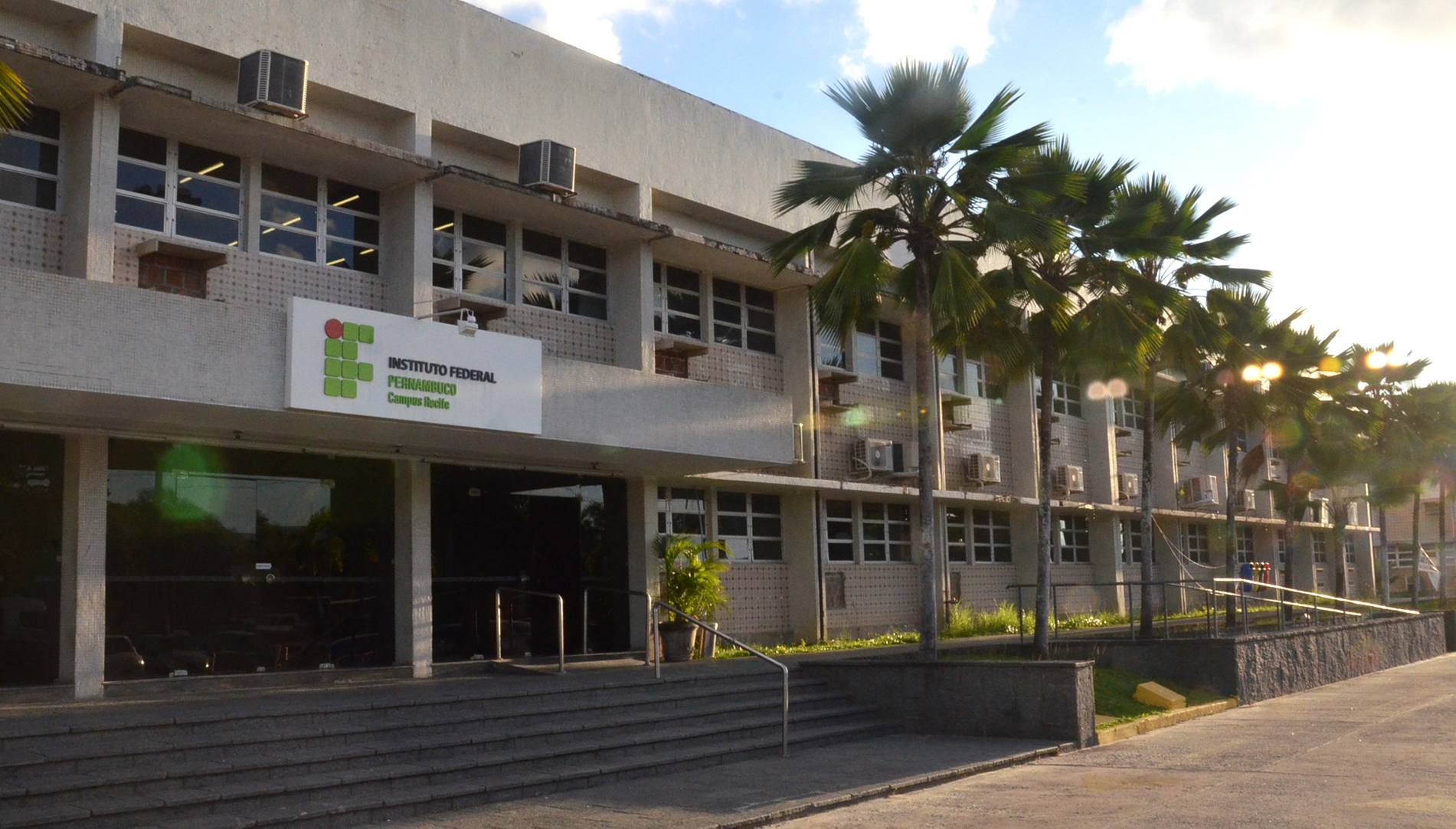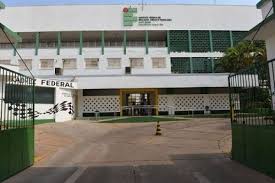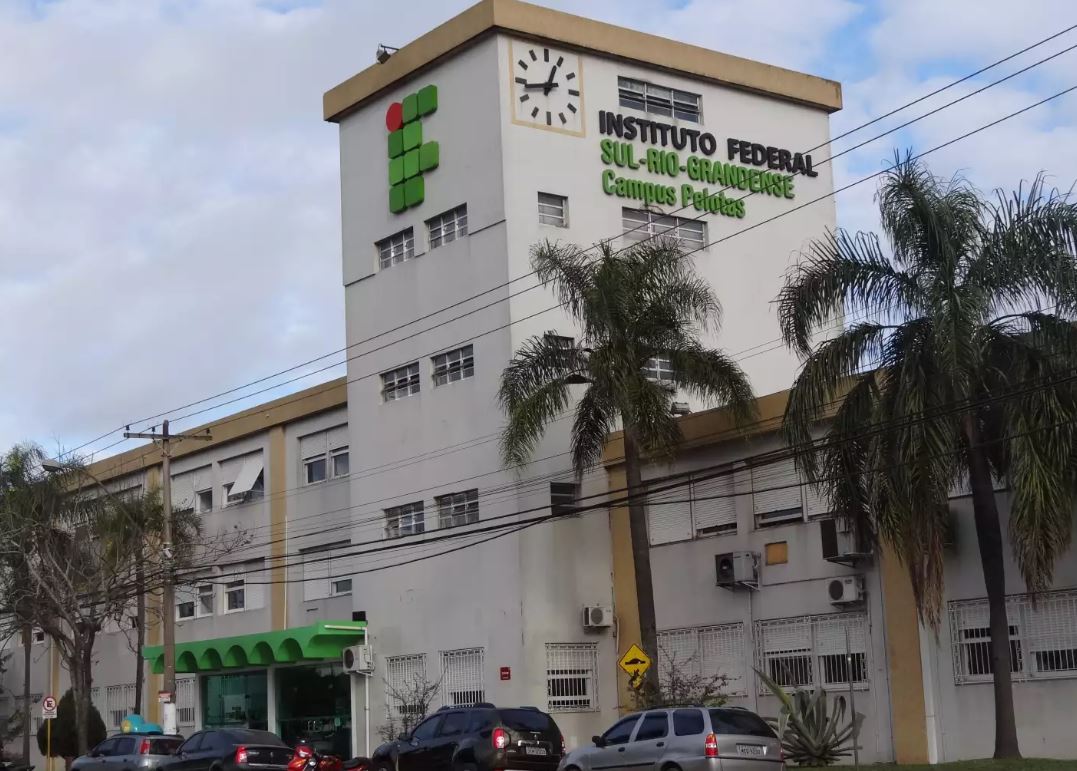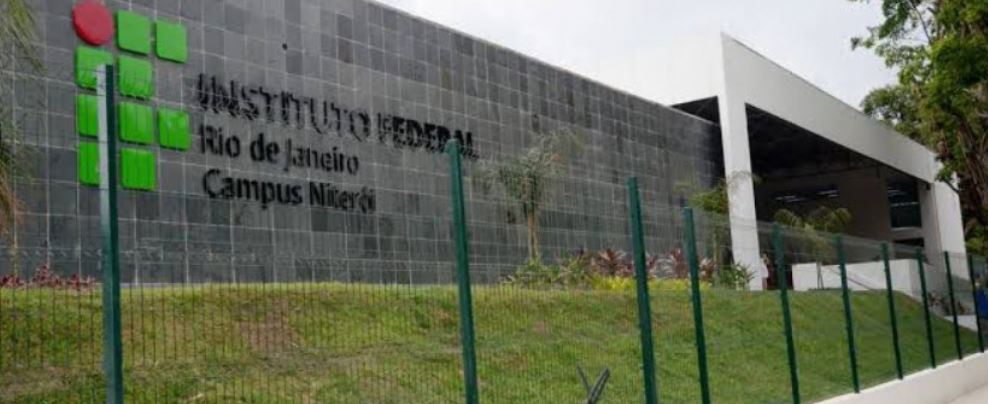Efficiency, predictability and optimization of resources in the digital transformation journey: institutions of the Federal Network are already noticing positive impacts of the Conecta Rede Program
A student enrolls in the Physics degree program at the Federal Institute of Pernambuco (IFPE), which has remote activities throughout its four years. However, there is no certainty that the way of accessing knowledge remotely will be the same from the beginning to the end of the course.
This was a common scenario for thousands of students every year. It was in the past, but with the creation of the Conecta Rede Program, a partnership between the Secretariat of Professional and Technological Education of the Ministry of Education (Setec/MEC) and RNP, these types of uncertainties are ending. The initiative guarantees continuity, new investments and maintenance of information technology infrastructures that are already accelerating the digital transformation in the Federal Network of Professional, Scientific and Technological Education.
"We had no long-term prospects, because the investment in infrastructure and services is very heavy. Now, with Conecta Rede we can make long-term estimates, we have a five-year degree within the digital platform at IPFE. Before, we weren’t sure if it would last the entire period. The program gave us the certainty and peace of mind that the student would benefit from the infrastructure from start to finish. We gained a lot from this journey,” says IFPE’s IT director, Marco Antônio Araújo.
Remote, but efficient and close
Since 2021, IFPE has been using Moodle for remote course activities and has already noticed the positive impacts that joining the program has brought to the platform, one of the many solutions and services offered by Conecta Rede.
“Availability has improved: we had it at around 85% and today it is above 98%. This has a direct impact on the business, because we have a 100% virtual campus. It has generated greater quality in the provision of services to our students, reducing downtime, and with all communication being done through the platform. With this evolution, students are much closer to the institution. Another interesting thing was the efficiency of the team's focus on the business. Since the operation was centralized at RNP, this was a big move: delivering the Moodle product without needing to configure the machine, our team is now more efficient, because it only works internally. Scaling the classrooms became easier and the team is much more productive”, highlights Marco.
*Currently, four institutions in the Federal Network are in the Moodle migration process and 13 are in the production process.
Necessary precaution
At the Mato Grosso Federal Institute (IFMT), digital information and data gained security and availability with the implementation of the program's backup service. In just a few days, with the support of the RNP team, the institution was able to activate the redundancy it was looking for, taking its main content to the cloud with a configuration in the tool it was already using.
“We joined the first installation group and the process was simple. We were concerned about performance and security and these factors were successfully met. I consider it to be a stable and secure solution. It came to meet a need that we had no way of building, which is to have redundancy for our main backup. RNP's solution was introduced as an offsite backup, which is the redundancy of the backup in another environment, in this case, in the cloud. Now, our expectation is that, at the same time as it is implemented in other institutions, there will also be an increase in the storage capacity of customers who are already using the solution", says IT director, Rafael Bezerra Scarselli.
At Conecta Rede, the backup is accompanied by consultancy with the aim of generating personalized documents with guidelines for each institution that joins.
“It was a process of five meetings in 30 days that generated two products: the IFMT Backup Policy and another technical document with standards on how to perform the backup. This was another gain we had,” explains Rafael.
*In total, 38 of the 41 institutions in the Federal Network have already signed up to the backup service offered by Conecta Rede.
In search of equity between infrastructures
One of the greatest challenges facing the Federal Network of Professional, Scientific and Technological Education is achieving standardization of the infrastructure of the 41 institutions spread throughout Brazil. Each of them has its own reality, influenced by several factors, including geographic and local development factors.
Within this context, the Conecta Rede program enabled federal institutes to think together about a path that could reduce the differences in technological infrastructures between them and the result was one word: colocation.
This action is the provision of infrastructure to host servers from each institution in a data center, in this case, in the National Data Centers (CNDs), which are being implemented by RNP.
“The program for federal institutes came as a great opportunity, it opened up a series of possibilities for us. It presented a group of services to serve us, but there was a moment in which we were able to think specifically about our demands and what could serve us. Institutions are going through different moments in relation to infrastructure. We have very precarious situations and we thought together of a solution that would suit us, which is colocation, allowing us to take our infrastructure to this data center, which is where our greatest precariousness lies. It is a solution that, in the long term, will serve many institutions”, guarantees the IT director of the Instituto Federal Sul-Rio-Grandense (IFSul) and general coordinator of the National Forum of Information Technology Managers of the National Council of Institutions of the Federal Network of Professional, Scientific and Technological Education (Forti/Conif), Carla Pires.
With the colocation service offered by RNP from the CNDs, a large economy of scale is estimated in five years for the Federal Network, as the CNDs bring several differentials, being directly integrated into the Ipê Network, with 24x7 monitoring carried out by the RNP SOC (Security Operations Center), as well as service, reliability and redundancy, physical security, network connectivity and scalability, and consequently bringing a reduction in costs involved for institutions to maintain and operate this type of infrastructure and its derived services.
With the use of SOC RNP at the intermediate level for the 41 Federal Institutes (FIs), an avoided cost of more than two million reais per month is estimated, compared to market solutions.
Understanding IT Team Profiles
Educational Consulting, a service offered by Escola Superior de Redes (ESR) and included in the Conecta Rede package, develops corporate learning strategies developed according to the objectives and needs of each institution.
In the case of the Federal Network, workshops are being held with representatives of the institutes to identify the profiles of IT professionals needed for their teams, looking at the current scenario and envisioning what they expect for the future, based on skills mapping.
This diagnosis is being carried out focusing on three specialties in the area: Operations; Development and Data; Governance and Security. At the end of the survey, training paths will be designed for the institutes in order to make the IT teams evolve their performances.
“I am very enthusiastic about this initiative, because I also coordinate the Federal Network Training Committee. We are developing a training plan for the Federal Network and this initiative is fully in line with what we are doing. We hope to use the results of this consultancy as input for our training and qualification plan. This will be enhanced if we have a clear and up-to-date mapping of our network's diagnosis in relation to our greatest deficiencies in skills and competencies to meet our activities. Aligning this with the clear identification of roles for the Network's IT activities, we can outline, within each institute's Master Plan, a starting point and a clear goal for improvement year after year and being able to match it with the legal deliveries that we need to make to the control bodies and the institutions themselves, and also with the Digital Transformation Plan”, predicts the director of IT Management at the Instituto Federal do Rio de Janeiro (IFRJ), Fábio Carlos Macêdo.
Improving Brazilian public service
Created with the aim of improving the quality of public services in the country, PlaforEDU is also part of the Conecta Rede package. There, civil servants can find training to enhance their performance in Professional and Technological Education, within the scope of the Federal Network of Professional, Scientific and Technological Education.
“Once we have a map of competencies and functions based on qualifications within their functions and itineraries, the server will be improving its performance and the public service as a whole will benefit. Once it enters the Conecta Rede catalog of services and products, we will be able to scale, reaching more institutions and the tendency is to enhance the training and qualification program for employees, through the offer in the program”, says the IFSul professor and general coordinator of the PlaforEDU project, Raymundo Carlos Filho.
Joint construction
Conecta Rede's main objectives are to strengthen the Federal Network's teaching ecosystem, enable development and disseminate innovation, expand the use of digital solutions designed for and by educational institutions and promote collaboration between units.
The focus on joint construction is the program's great differentiator, so that institutions can develop solutions for their own needs and that they are continuous in the digital transformation process.
“The program is a pioneering initiative. One of the goals was to enable this vision of co-creation and new discoveries, so that we could also map out the needs and pain points and, from there, with representation from the Federal Network and Setec/MEC, we could prioritize and model new offerings. The results have been very interesting considering the feedback we have received. It is a unique and innovative opportunity and we are betting heavily that, by working together, which is a vision that RNP has, thinking as a partnership, on a scale, we can achieve better results, optimize resources and be more assertive”, says RNP’s Director of Services and Solutions, Antônio Carlos Fernandes Nunes.
For the coordinator of the Institutional Development Forum (FDI), an advisory body of the National Council of Institutions of the Federal Network of Professional, Scientific and Technological Education (CONIF), Juliana de Andrade, “when you have a program developed for the Federal Network that observes and recognizes all the needs and tries to support the institutions, it is fantastic, especially for the students, because all the work will impact the end and the quality of the services we provide to them”.
Future vision
For the Secretary of Professional and Technological Education at the MEC, Marcelo Bregagnoli, the first results obtained by the Federal Network with Conecta Rede highlight the importance of the program and the need for its continuity in supporting the digital transformation of institutions.
“I am certain that Conecta Rede uses the most powerful features of the federal network, which is its form of organization, its arrangement. Our 680 units have this characteristic of seeking synergy and given this demand for digital transformation, for what it requires, especially in terms of compliance and accountability, This type of support and services are essential. We have great hope in this work that RNP has done together with Setec, I see the program as very prosperous because we are already seeing results in practice”, says Bregagnoli.
Still don't know about the Conecta Rede Program? Find out HERE!



